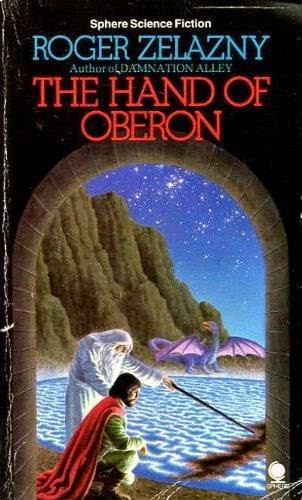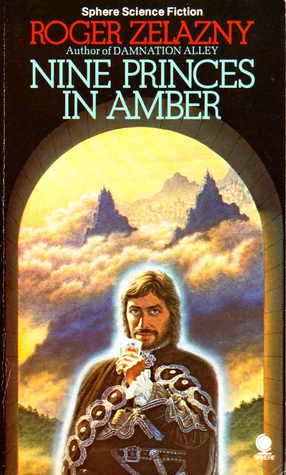
In this post I want to talk to you about new stuff that links to the good old stuff of our own youth. You probably know what
Kickstarter is, but just as an introduction, it is a place where people ask for money for future work. It's like a crowdsourced financing scheme for your public elevator pitch (just imagine a planet-sized elevator, though). And when I say Kickstarter, I mean the actual site and all the other similar things out there. Like... Kickstarter-like, like it?
First stop:
Underworld Ascendant. The team that made
Ultima Underworld, one of my all time favourite games, is doing a new one. As you can see on the Kickstarter page, it is two weeks from completing. If you loved the Ultima Underworld games (
NOT the Ultima games), you could consider pitching in.
Second stop:
Hero-U. Remember
Quest for Glory? It was made by Sierra Games and the entire series was awesome! However the designers of the game are
the Coles. They have been working on Hero-U, a modern version of the QG universe. They planned to release in the spring of 2014, but scope creep and public feedback turned the game from a simple little game to a complex and interesting concept that is planned for release in the autumn of 2015 and it is well on schedule. Check it out! They are at their second Kickstarter round.
Turning to movies and series, this time works made by and for
Star Trek fans. And I am not even talking about random people doing
really weird and low quality stuff, I mean real movie business people doing great stuff. Check out
Star Trek Continues, a continuation of the original Star Trek series, as well as
Star Trek Axanar, which seems to become a really cool movie! I can't wait for it to get out.
Update June 27th 2016:
The Axanar story has become a poster for corporate greed and stupidity. Soon after the trailers for Axanar were released, Paramount and CBS - the corporations owning the Star Trek franchise - sued the producers on copyright infringement. Funny enough, they did this before anything real was released. Their problem? The production was too big.
Having received more than 1.2 million US dollars from Kickstarter, the show was actually starting to look great. Top production qualities, professional actors, good CGI and - most of all - passionate people. Paramount and CBS alleged that this was already a commercial venture, having such budget, even if it was released freely on the Internet after production. To me, it feels as if Hollywood started to feel the heat. They realized that if this production and distribution model catches on, they will be left trying to combat piracy and hiring armies of lawyers to arrange and check distribution contracts when "the opposition" will just release free on the Internet once the budget for production is met. Consider the implications! This would be huge.
It felt like entrapment. First you let legions of people use the Star Trek moniker and universe, then you jump with a lawsuit on the people that make the most money. So the studios started to try to deflect the anger and consternation of fans and independent producers with dirty tricks like instructing J.J.Abrams to say in an interview that the lawsuit would go away, only for it to continue anyway and finally, with a set of guidelines for independent productions to which the studios would not object. The terms are ridiculous and pretty much break the entire concept of serialized Star Trek. More here, check this out: “The fan production must … not exceed 30 minutes total, with no additional seasons, episodes, parts, sequels or remakes.”A long time ago I wrote a post about
Vodo, what I thought was the future of cool little indie movies and series. Vodo didn't quite live to my expectations, but Kickstarter has taken its place and, since it is not only about movies, but all kinds of projects, it has a larger chance of surviving and changing the way the world works. Not all is rosy, though. There are
voices that say that the Kickstarter ecosystem is more about promises than about delivery. Also some governmental and commercial agencies are
really displeased with the way money are exchanged directly between customers and producers, bypassing borders, intermediaries like banks and tax collectors and so on. If you combine this with
Bitcoin type currency, their job of overseeing all commercial transactions and taking their cut does become more difficult. I sympathise... not really.
I leave you with some videos of the projects above. Think about looking for others that are working on something you want to sponsor. You might be surprised not only by the ingenious ideas that are out there, but also about how it would make you feel to support people with the same passions as yourself.
Underworld Ascendant trailer:
Game play for Hero-U:
The full first episode of Star Trek Continues from the creators themselves:
Prelude to Axanar, a small mockumentary about the events that will be the context of Axanar:
 I don't usually post animal videos, but this really is very cute. It is space related, as well, as it is taken by a camera in Baikonur's space center. Check it out!
I don't usually post animal videos, but this really is very cute. It is space related, as well, as it is taken by a camera in Baikonur's space center. Check it out!









